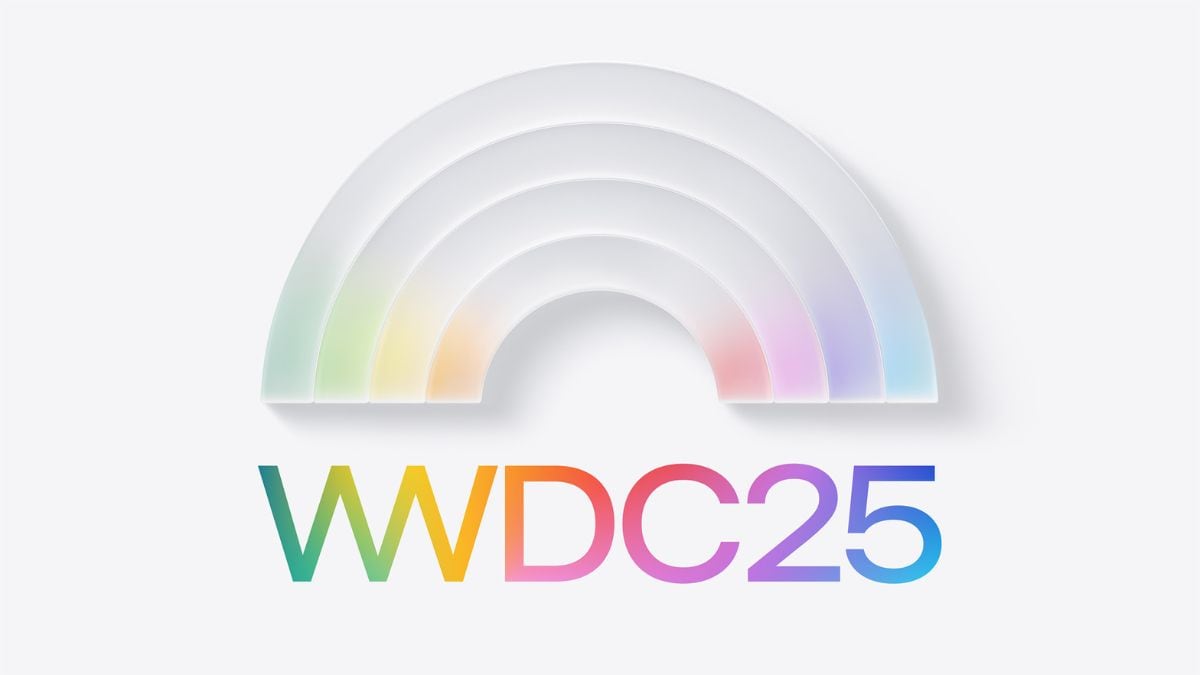Apple is facing an unprecedented set of technical and regulatory challenges as some of its key executives are set to take the stage on Monday at the company’s annual software developer conference.
On the technical side, many of the long-awaited Artificial Intelligence (AI) features Apple promised at the same conference a year ago have been delayed until next year, even as its rivals such as Alphabet’s Google and Microsoft woo developers with a bevvy of new AI features. Those unfulfilled promises included key improvements to Siri, its digital assistant.
On the regulatory front, courts in the US and Europe are poised to pull down the lucrative walls around Apple’s App Store as even some of the company’s former supporters question whether its fees are justified.
Those challenges are coming to a head at the same time US President Donald Trump has threatened 25 percent tariffs on Apple’s best-selling iPhone. Apple’s shares are down more than 40 percent since the start of the year, a sharper decline than Google and also lagging the AI-driven gains in Microsoft shares.
Apple has launched some of the AI features it promised last year, including a set of writing tools and image-generation tools, but it still relies on partners such as ChatGPT creator OpenAI for some of those capabilities. Bloomberg has reported that Apple may open up in-house AI models to developers this year.
But analysts do not believe Apple yet has what technologists call a “multi-modal” model – that is, one capable of understanding imagery, audio and language at the same time – that could power a pair of smart glasses, a category that has become a runaway hit for Meta Platforms. Google said last month it would jump back in to this category, with partners.
Such glasses, which are far lighter and cheaper than Apple’s Vision Pro headset, could become useful because they would understand what the user is looking at and could help answer questions about it.
While Apple has focused on its $3,500 (roughly Rs. 2.99 lakh) Vision Pro headset, Google and Meta have seized on the smart glasses as a cheaper way to deploy their AI software prowess against Apple in its stronghold of hardware. Meta Ray-Bans all sell for less than $400 (roughly Rs. 34,280).
Analysts say Apple needs to answer that challenge but that it is not likely to do so this week.
“I’m not trying to replace my phone – this is a complementary thing that gives me more world context, because it’s got a camera and it sees what I see, and I can talk to it in natural language,” said Ben Bajarin, CEO of technology consultancy Creative Strategies. “Apple is not positioned to do that.”
To be sure, Apple’s rivals are not decisively ahead in smart glasses. Anshel Sag, principal analyst with Moor Insights and Strategy, said Meta’s Ray-Bans still lack some features and Google has not yet landed its “Gemini” model in a mass-market pair of glasses yet.
“Meta has the undisputed lead, but Google is catching up fast and probably has the best-suited AI for the job,” Sag said. “Vision Pro is great, but it’s a showroom product that developers can use.”
But Bob O’Donnell, CEO of TECHnalysis Research, said it remains far from clear that smart glasses will gain wide acceptance. O’Donnell also said it is not certain that Apple is at any particular disadvantage if it partners with a company such as Google, OpenAI or even a smaller firm like Perplexity for core AI technology.
So far, O’Donnell said, there is not yet strong evidence that consumers are basing major hardware-purchasing decisions on AI features.
“There’s an argument to be made that it’s OK that (Apple) is behind because, except for the bleeding edge, most people don’t care,” O’Donnell said.
© Thomson Reuters 2025
(This story has not been edited by NDTV staff and is auto-generated from a syndicated feed.)
